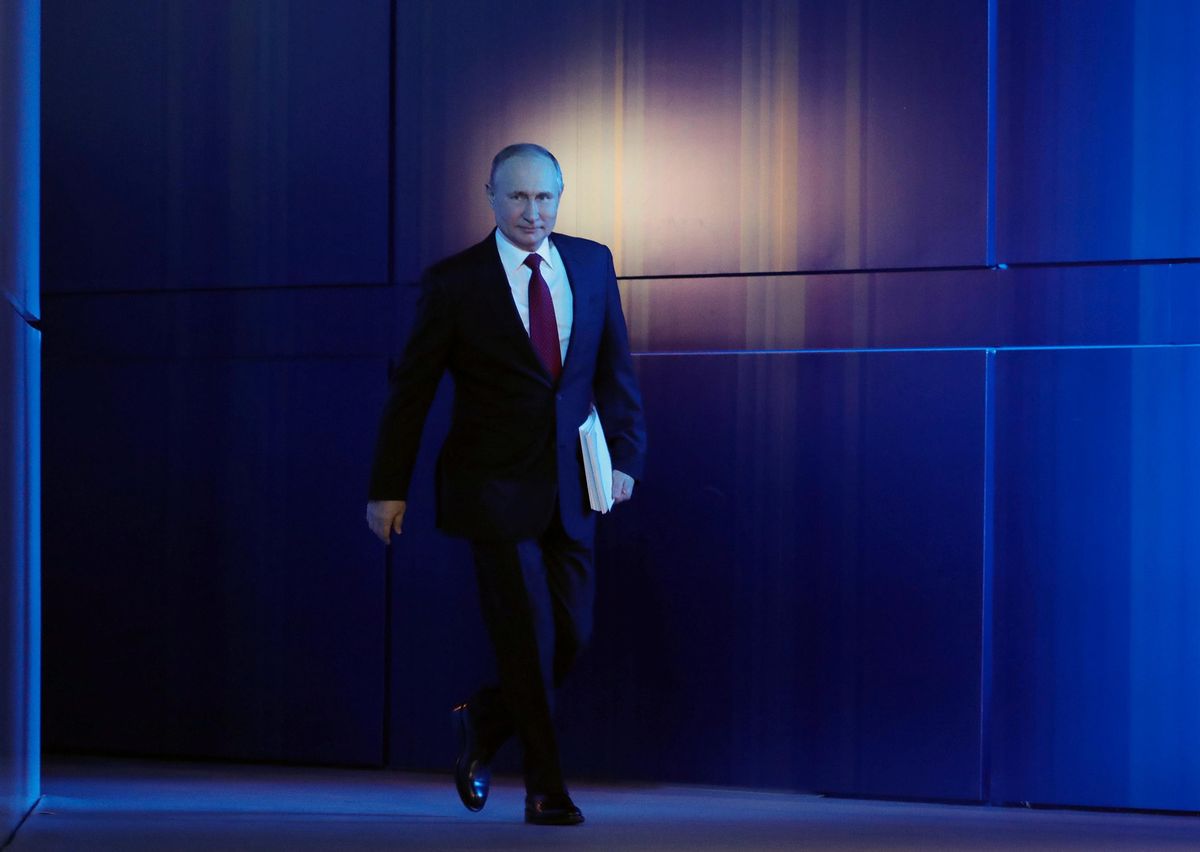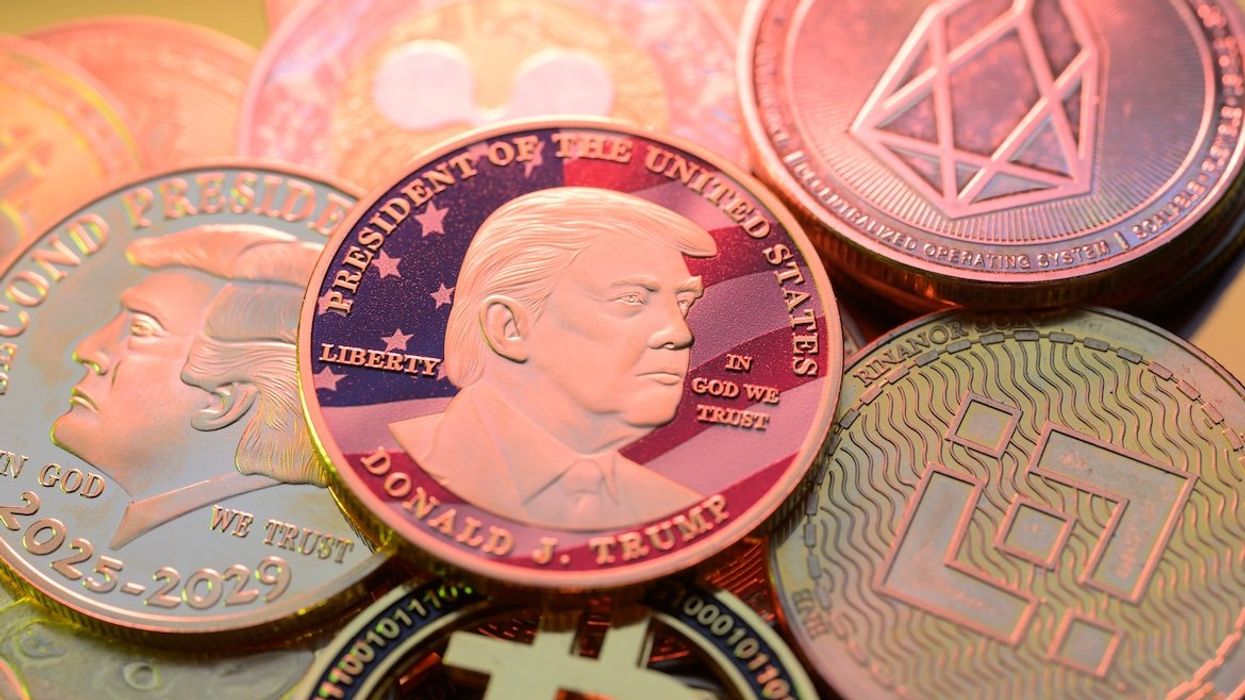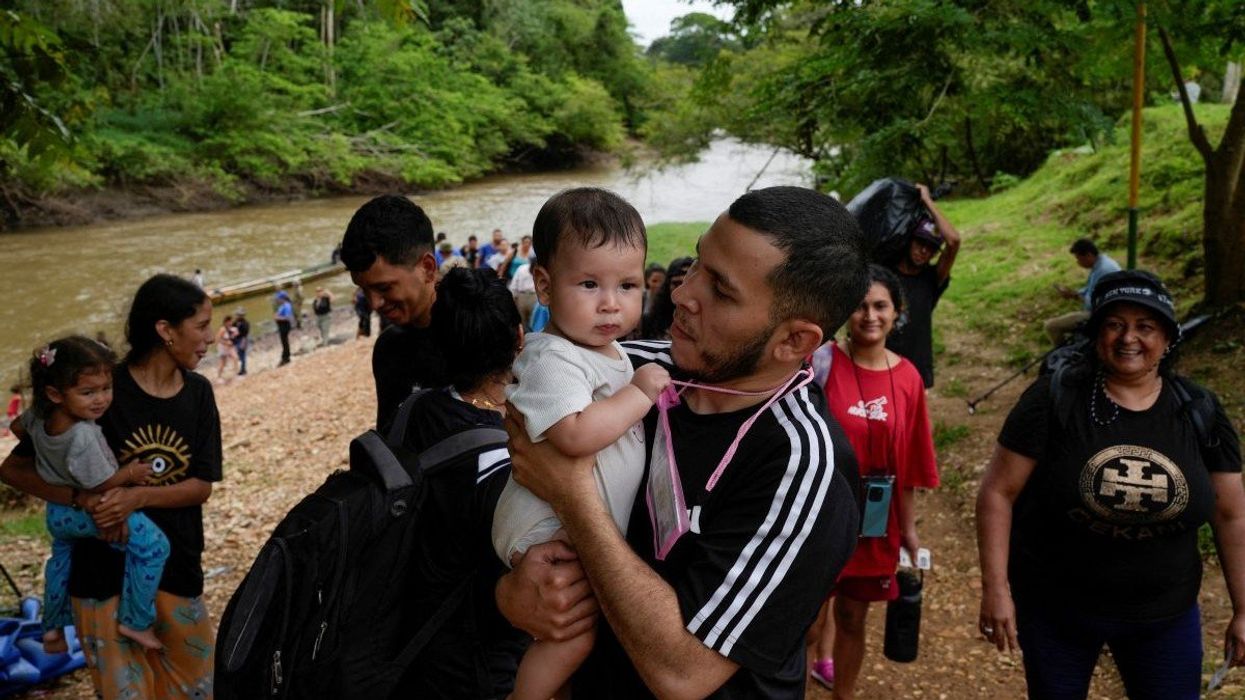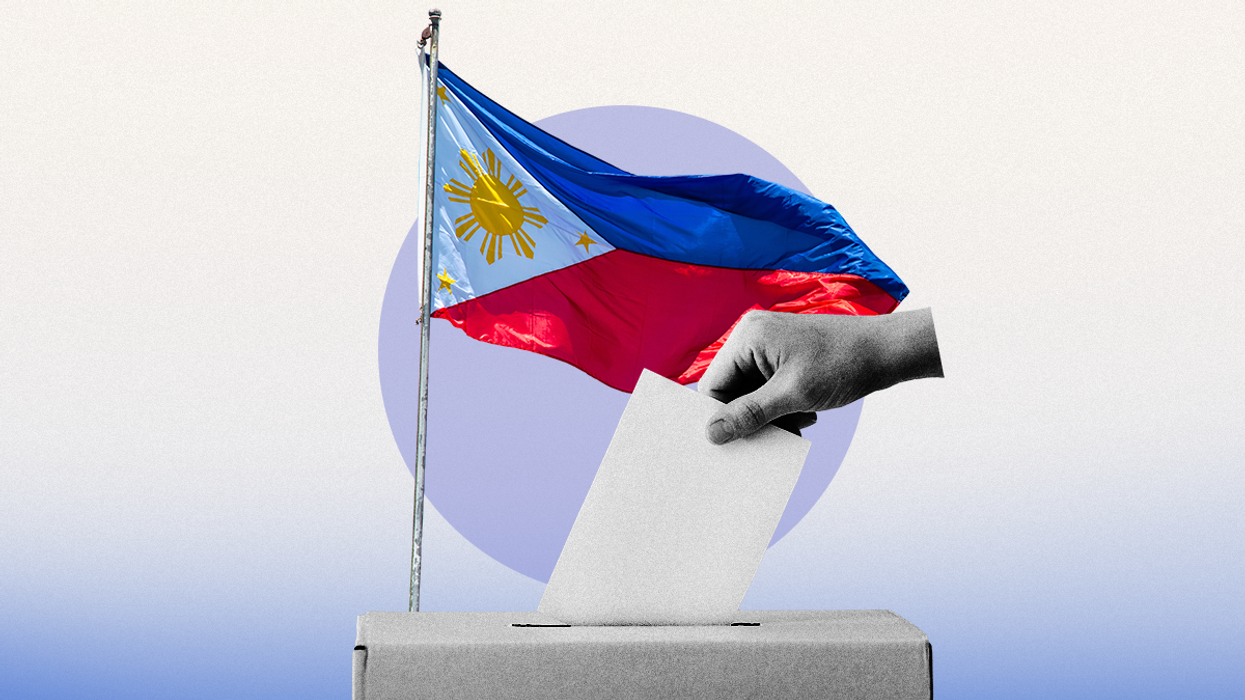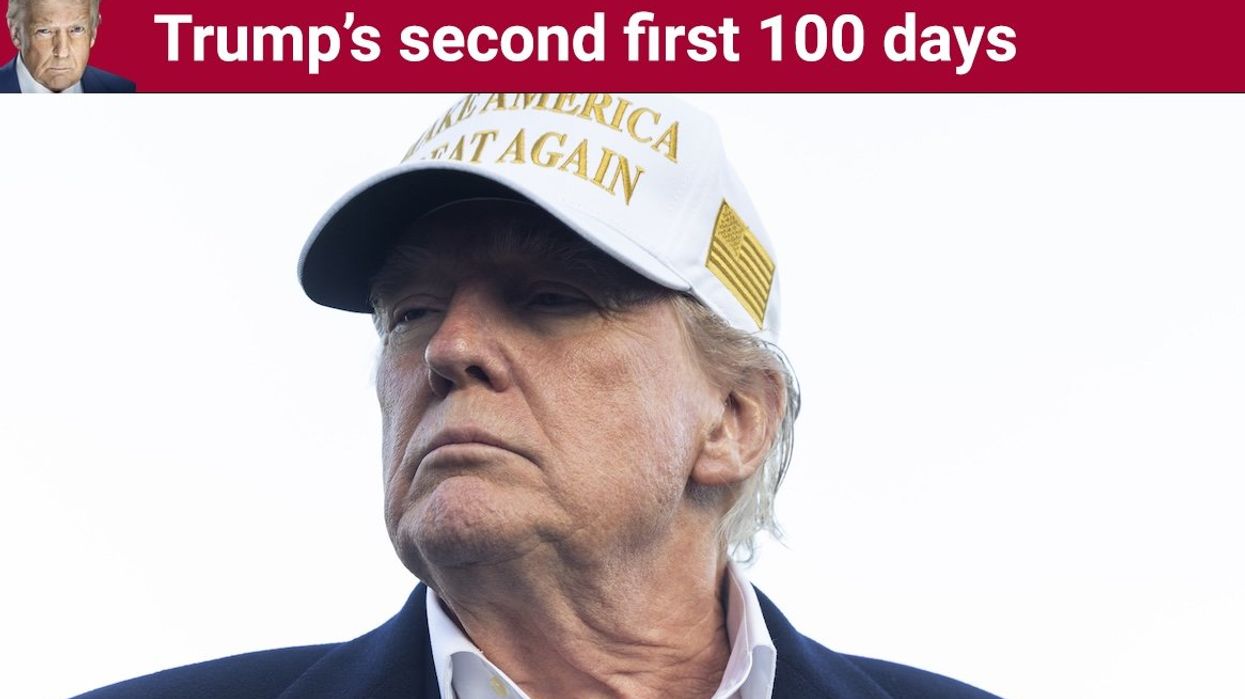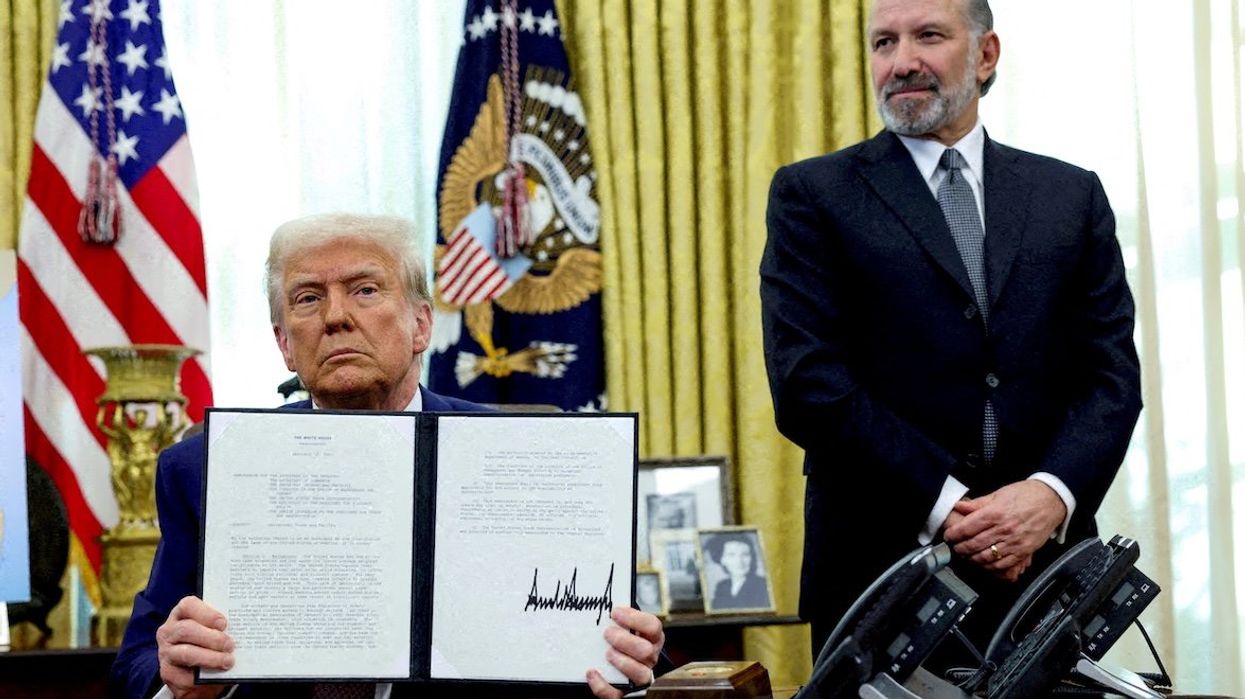Summits between American and Russian (or Soviet) leaders have often delivered drama of one kind or another. In 1961, Soviet Premier Nikita Khrushchev took advantage of an inexperienced John F. Kennedy at their Vienna summit, previewing the major tensions to come. A quarter of a century later, Ronald Reagan and Mikhail Gorbachev laid the groundwork for historic deals that would later de-escalate the Cold War at their first meeting in 1985 in Geneva. And in 2018, Donald Trump publicly accepted Vladimir Putin's word that Russia hadn't interfered in the 2016 US election, provoking a collective gasp in Washington. There has not been a summit since.
Now, amid elevated bilateral tensions, President Joe Biden will meet with Putin on Wednesday in Geneva. The two leaders have had a frosty relationship in the past. Yet the Biden administration has said it seeks a "stable and predictable" relationship with Russia, and the Kremlin is also hoping for some improvement. The aim of this summit is, in a basic sense, the absence of drama. Will that happen? Eurasia Group analyst Alex Brideau answers a few key questions.
What are the key points of disagreement?
Plenty, and there are no easy fixes. Biden will almost certainly bring up recent cyber incidents, including the ransomware targeting the Colonial Pipeline and meat processor JBS, which the US has said was carried out by criminal groups in Russia. Biden has blamed the Russian government for not doing enough to stop these groups. He will also want to send messages to Putin on keeping out of US elections and about the treatment of imprisoned opposition leader Alexei Navalny (something Putin will likely characterize as US interference in Russian internal affairs).
Putin will have messages of his own, particularly about the seven-year-long conflict between Ukrainian government forces and Russia-backed separatists in Eastern Ukraine that has claimed more than 14,000 lives. Putin, who denies Russian involvement, will want Biden to lean on the Ukrainian government for concessions that might move a peace plan forward. Moscow wants Kyiv to talk directly to the separatists and jumpstart political reconciliation with them. Biden, who supports the Ukrainian position that Russia must negotiate and make security concessions before a political settlement, will almost certainly not do this.
And where exactly can Biden and Putin cooperate?
There aren't many areas where cooperation is possible, but there are a few important ones. Both leaders want progress on nuclear arms control. They renewed the New START treaty for five years at the start of Biden's term, but there is plenty of other ground to cover. The two leaders will probably also talk about climate change, following on Putin's unexpectedly constructive speech at Biden's climate summit in April. They could also discuss use of the Arctic, where there are many disagreements, but they have an interest in avoiding escalations and want to limit Chinese influence in the region.
Does Biden or Putin have leverage to get what they want?
Neither is going to force the other into drastic changes, but they can influence each other on a case-by-case basis. Biden's power to sanction Russia is an important tool — threats to sanction can be enough to make Putin think twice about specific actions. Putin, meanwhile, can use his support and influence in reviving nuclear talks with Iran as a means to ease tensions in other areas.
How is the meeting perceived in Washington and Moscow?
The mood in Washington remains fairly hawkish toward Russia, among both Democrats and Republicans. Biden's summit initiative, to talk cooperation but to also warn Putin about punishment if he steps out of line, has faced skepticism from members of Congress who want the focus mainly on punishment and deterrence.
Russian officials have little expectation that the long list of US economic sanctions against Russia — in response to activities including interfering in US elections, military actions in Ukraine, and the poisoning of Russian dissidents — will be eased anytime soon. But there is hope that the summit could bring the temperature down a bit, by engaging on issues of common concern, thereby lowering the likelihood of another round of punishment from Washington.
Should we expect any fireworks?
If there are, they probably won't be in front of the public. Biden and Putin won't hold a joint press conference. Verbal jousting wouldn't exactly help with a "stable and predictable" relationship.
